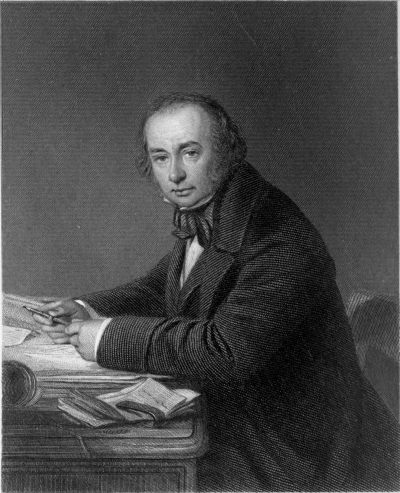From The Royal Cornwall Gazette, Falmouth Packet, and General Advertiser (Truro, England), Friday, August 27, 1852)
ENGINEER’S REPORT.
18 Duke-street, Westminster, 29th July, 1852
Gentlemen,
Since my last report, the works between Redruth and Truro, have been proceeding with such vigor, that l have no doubt that portion of the Line will be ready for opening to the public, by the time of your next half-yearly meeting.
The relaying of a portion of the old line, between the top of Angarrack and bottom of Penpons, with Barlow’s rails, has been completed and taken into the company’s hands.
The contractor is at present re-laying the portion of the old line, between Camborne and a point near Redruth, and it will, no doubt, be completed in a few weeks.
Upon the new lines already opened, the works are in good condition, and the traffic will no doubt require some additional small sidings at various stations.
Additions to the carriage end waggon stock, necessary for the anticipated increase in traffic, are being made, and two locomotive engines have been purchased on favorable terms.
Considerable progress is made with the station at Redruth, and a temporary station will be provided near Truro.
I am, gentlemen,
Your obedient servant,
l. K. BRUNEL
To the Directors of the
West Cornwall Railway Company
